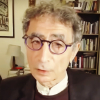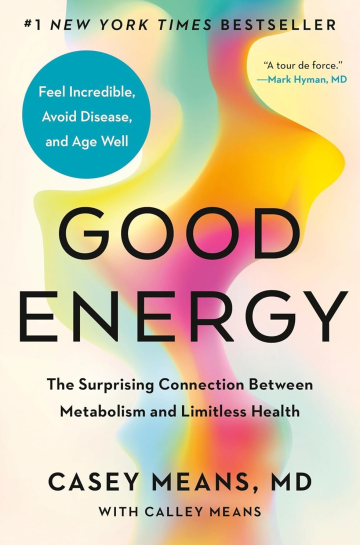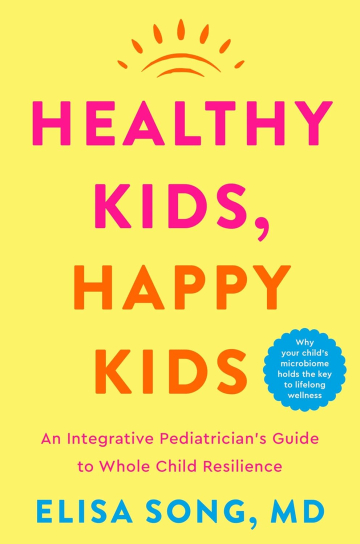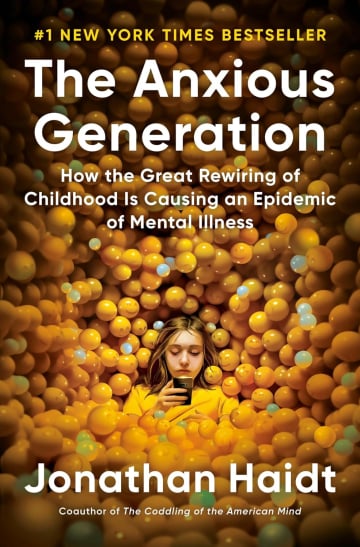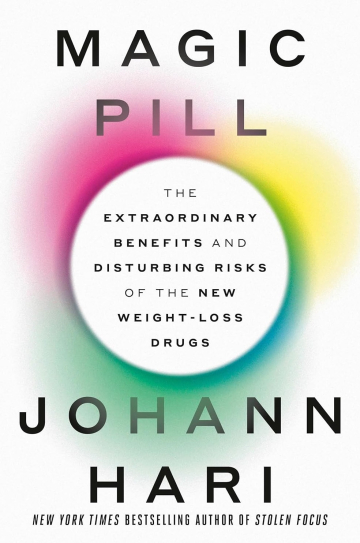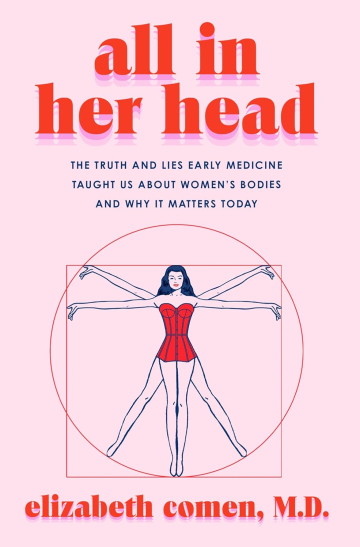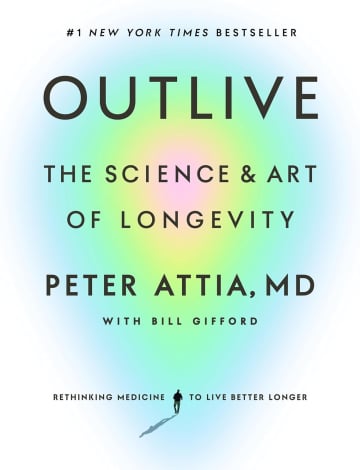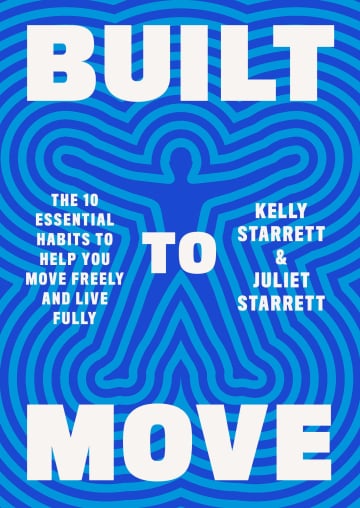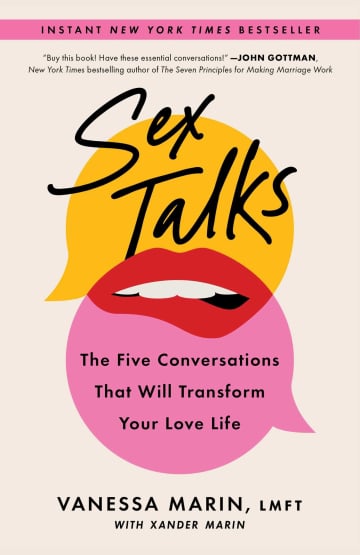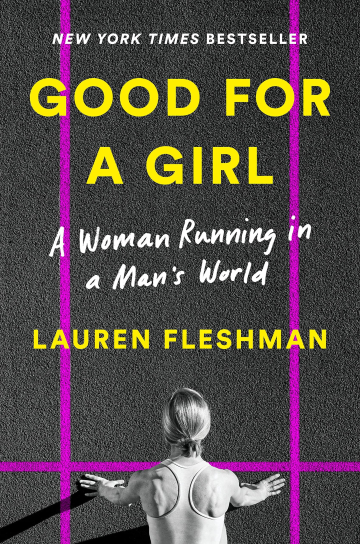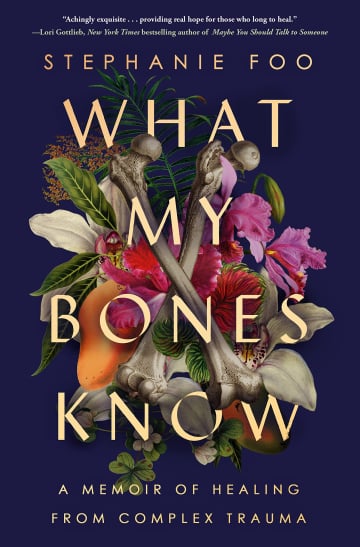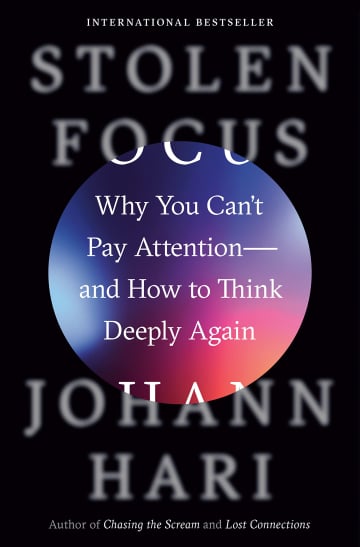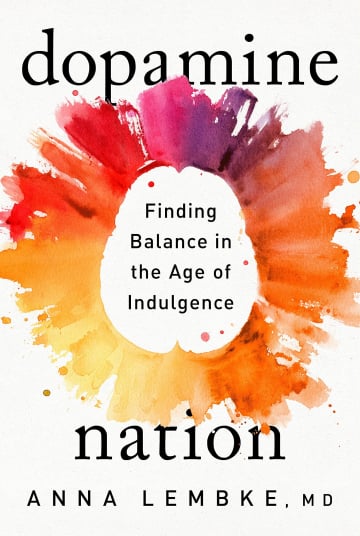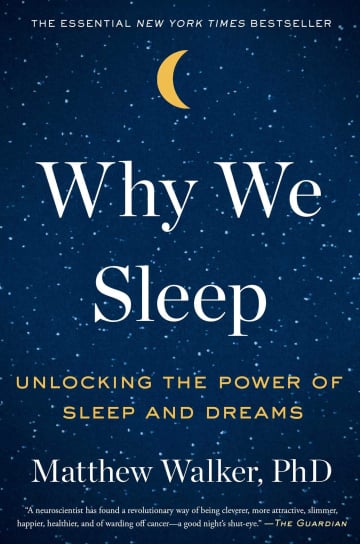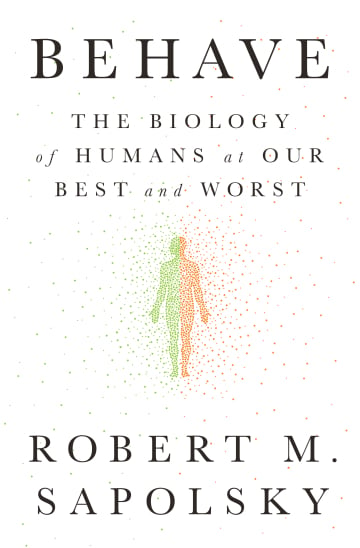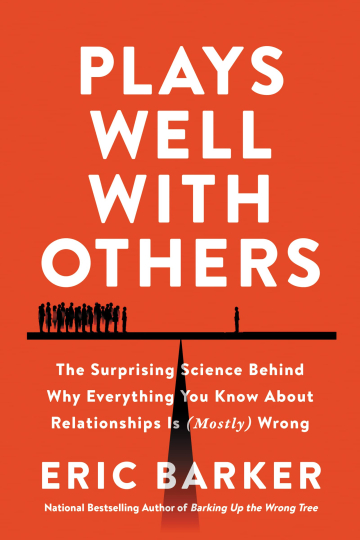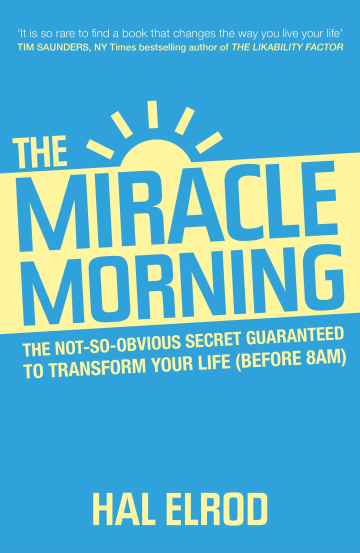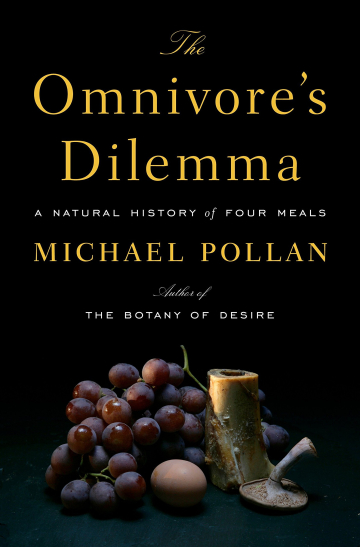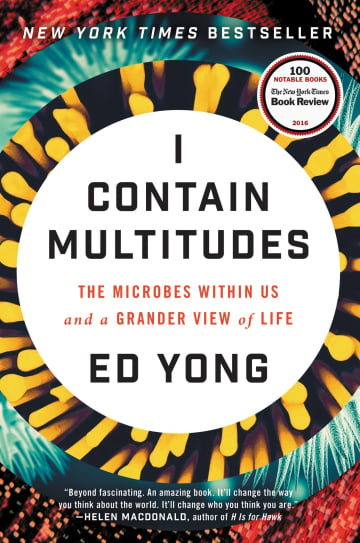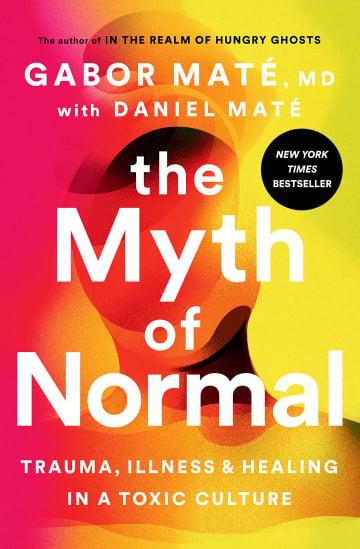
The Myth of Normal: Trauma, Illness, and Healing in a Toxic Culture
⚡️ 16 Quotes from the book
“If we could begin to see much illness itself not as a cruel twist of fate or some nefarious mystery but rather as an expected and therefore normal consequence of abnormal, unnatural circumstances, it would have revolutionary implications for how we approach everything health related.”
“Whether we realize it or not, it is our woundedness, or how we cope with it, that dictates much of our behavior, shapes our social habits, and informs our ways of thinking about the world.”
“Trauma is primarily what happens within someone as a result of the difficult or hurtful events that befall them; it is not the events themselves. "Trauma is not what happens to you but what happens inside you' is how I formulate it.”
“An event is traumatizing, or retraumatizing, only if it renders one diminished, which is to say psychically (or physically) more limited than before in a way that persists.”
“Work pressures, multitasking, social media, news updates, multiplicities of entertainment sources—these all induce us to become lost in thoughts, frantic activities, gadgets, meaningless conversations. We are caught up in pursuits of all kinds that draw us on not because they are necessary or inspiring or uplifting, or because they enrich or add meaning to our lives, but simply because they obliterate the present.”
“The study showed the quality of early maternal care to have a causal impact on the offspring’s brains’ biochemical capacity to respond to stress in a healthy way into adulthood.”
“One of the things many diseases have in common is inflammation, acting as kind of a fertilizer for the development of illness. We’ve discovered that when people feel threatened, insecure—especially over an extended period of time—our bodies are programmed to turn on inflammatory genes.”
“Time after time it was the “nice” people, the ones who compulsively put other’s expectations and needs ahead of their own and who repressed their so-called negative emotions, who showed up with chronic illness in my family practice, or who came under my care at the hospital palliative ward I directed.”
“Nothing in Nature “becomes itself” without being vulnerable: the mightiest tree’s growth requires soft and supple shoots, just as the hardest-shelled crustacean must first molt and become soft. The same goes for us: no emotional vulnerability, no growth.”
“Developmental psychologists agree that praising a child’s effort is helpful and promotes self-esteem, while valuing the achievement only programs kids to keep seeking external approval—not for who they are but for what they do, for what others demand of them. It’s yet another barrier to the emergence of a healthy self.”
“Addiction is a complex psychological, emotional, physiological, neurobiological, social, and spiritual process. It manifests through any behavior in which a person finds temporary relief or pleasure and therefore craves, but that in the long term causes them or others negative consequences, and yet the person refuses or is unable to give it up.”
“We are steeped in the normalized myth that we are, each of us, mere individuals striving to attain private goals. The more we define ourselves that way, the more estranged we become from vital aspects of who we are and what we need to be healthy.”
“Not only does our individual and societal sanity depend on connection; so does our physical health. Because we are biopsychosocial creatures, the rising loneliness epidemic in Western culture is much more than just a psychological phenomenon: it is a public health crisis.”
“The gender gap in health is real, if underappreciated. Women are more subject to chronic disease even long before old age, and they have more years of poor health and disability.”
“True healing simply means opening ourselves to the truth of our lives, past and present, as plainly and objectively as we can. We acknowledge where we were wounded and, as we are able, perform an honest audit of the impacts of those injuries as they have touched both our own lives and those of others around us.”
“Shedding toxic myths of disconnection from ourselves, from one another, and from the planet, we can bring what is normal and what is natural, bit by bit, closer together. It is a task for the ages: one that can redeem the past, inspire the present, and point to a brighter, healthier future. It is our most daunting challenge and greatest possibility.”
Related videos
Ask Albert:
Rate the book
⚡️ Discover Even More Bookish Wisdom
recommends
recommends
recommends
